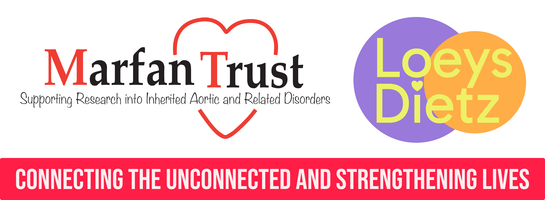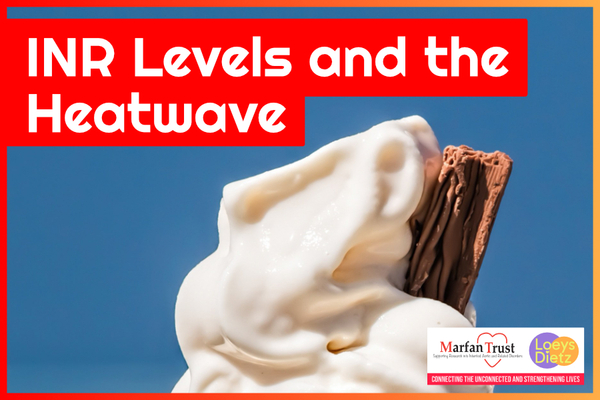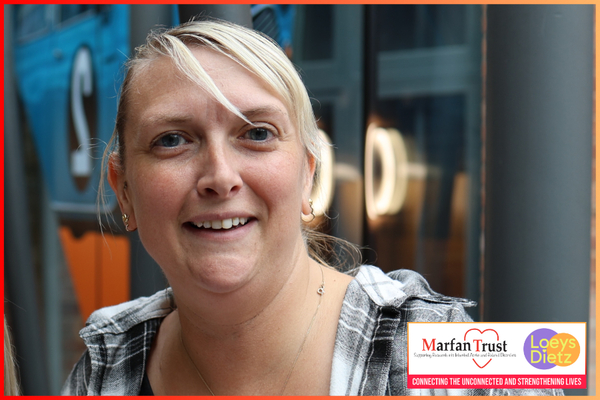While steeped in yet another searing heatwave, we wanted to offer a word of warning about INR levels, which can be indirectly affected by intense heat. Read on:
INR (international normalised ratio) is the standard way in which to measure how long it takes your blood to clot. It is especially important for people on anticoagulant therapy (like warfarin). There are different INR targets according to the condition warfarin is being used to treat so different people may have different INR targets.
Heat can affect the stability of your blood-thinning medication and the body's metabolic process and in doing so, your INR level.
Whilst heat does not directly change INR, it can indirectly affect it through:
- Dehydration
- Changes in Diet: In hot weather, people may eat differently — for example, fewer leafy greens (which are high in vitamin K) or more fruits and fluids. Since vitamin K affects INR, changes in intake can alter INR levels.
More vitamin K → Lower INR
Less vitamin K → Higher INR
- Increased Physical Activity or Sweating: Heat may lead to increased sweating or physical activity, potentially affecting electrolyte balance and hydration, again indirectly impacting INR
If you're managing warfarin or another anticoagulant, it’s a good idea to:
- Stay well-hydrated
- Keep your diet consistent
Monitor INR more frequently during hot weather or illness (speak to your anticoagulation clinic if you are concerned or would like further information).









